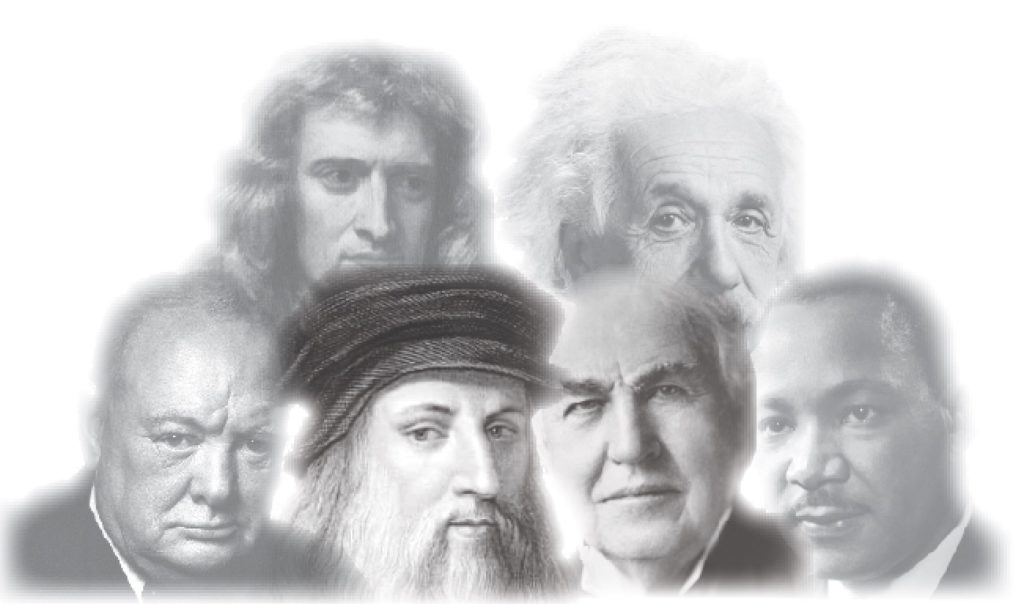
Mathematician, Paul Halmos has provided a rough rubric for ranking mathematicians in order of their achievements. In his book, “I want to be a Mathematician,” he states (p. 305):
“Mathematicians of the first ranker the obvious immortals, the unarguable greats, the ones like Archimedes and Gauss. The second rank consists of people who have a great effect on the mathematics of their time, the important panjandrums like Felix Klein and Saunders Mac Lane [co-founder of category theory] about whose permanent worth, however, it is difficult to make a prediction.”
In his comment, Halmos is acknowledging that the measurement of genius, because it involves an assessment of the magnitude of achievement, is somewhat tenuous. A mathematician who establishes a beautiful new branch of mathematics may be considered a superstar, that branch becomes less fruitful and goes out of style. At the time of his death in a duel, Evariste Galois’s work was not fully appreciated. However, a few years after Liouville explored his work in depth, Galois’ discovery spawned a fruitful new branch of mathematics known as Group Theory, placing Galois in the pantheon of the great mathematicians.
However, when it comes to ranking mathematicians by achievement, most people would be able to agree on most of those mathematicians in the first rank (the so-called “super-geniuses.” However, creating a list of those in the second rank (mere “geniuses”) would create a great deal of debate among mathematicians, to some extent based on their specialities. For a more detailed examination of these ideas, visit: https://www.intelligence-and-iq.com/can-we-compare-the-intelligence-of-brilliant-people/
